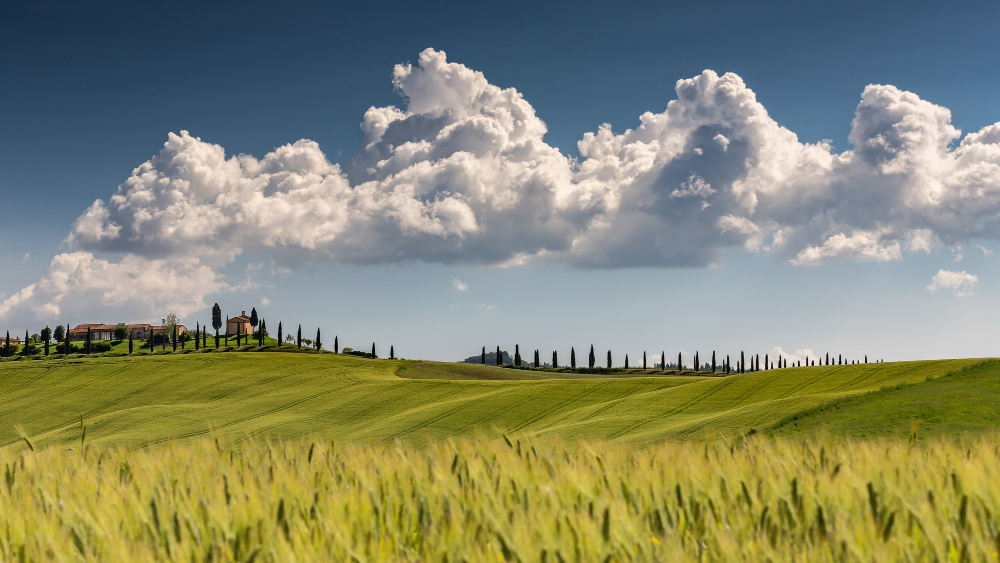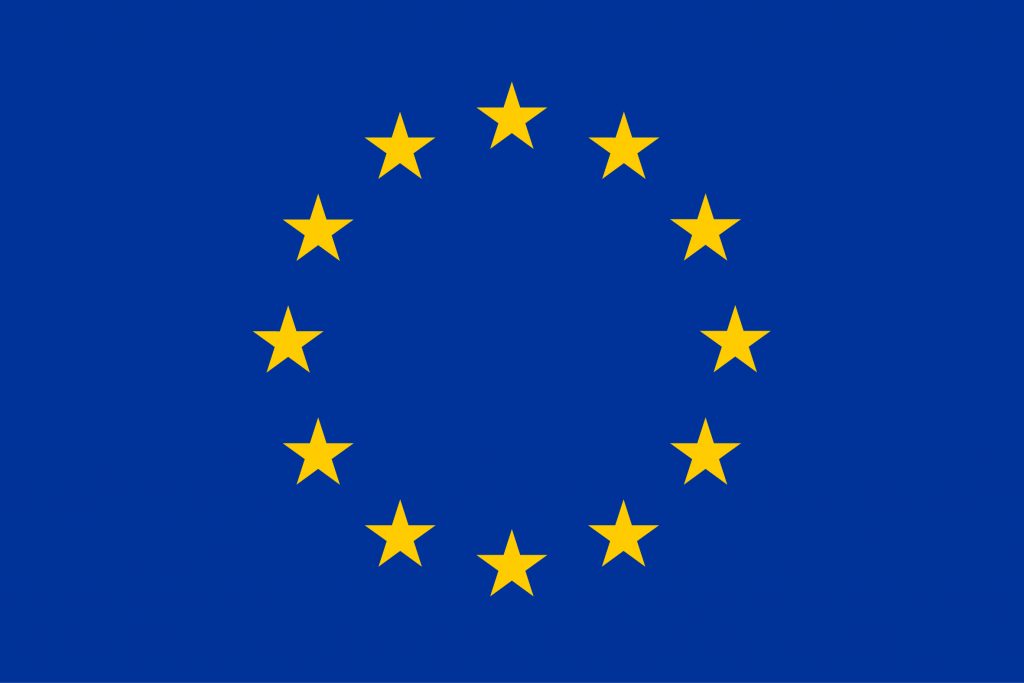ABOUT US
Cities2030
Cities2030 fosters the co-creation of resilient, sustainable, and innovative urban food systems
within the framework of FOOD2030. Employing a multi-actor approach, the project designs progressive policies, formulates action plans, and orchestrates experiments involving researchers, companies, public authorities, civic societies, and citizens.
Consumer choices have the power to guide sustainable shifts in the market. Food system stakeholders engage in a transdisciplinary Alliance and an interactive learning journey that empowers city leaders, researchers, entrepreneurs, and experts to collaboratively construct a citizen-centred model.
An Observatory is established to perceive the urban food system as an interconnected entity, weaving scattered initiatives into comprehensive policies and pioneering
strategies. Furthermore, technologically advanced, and exploitable tools are devised to bolster innovation in the food chain.
Operating through result-driven CRFS Policy and Living Labs, the project propels policy enhancements and innovations, steering leadership towards investments that facilitate a sustainable CRFS transition.
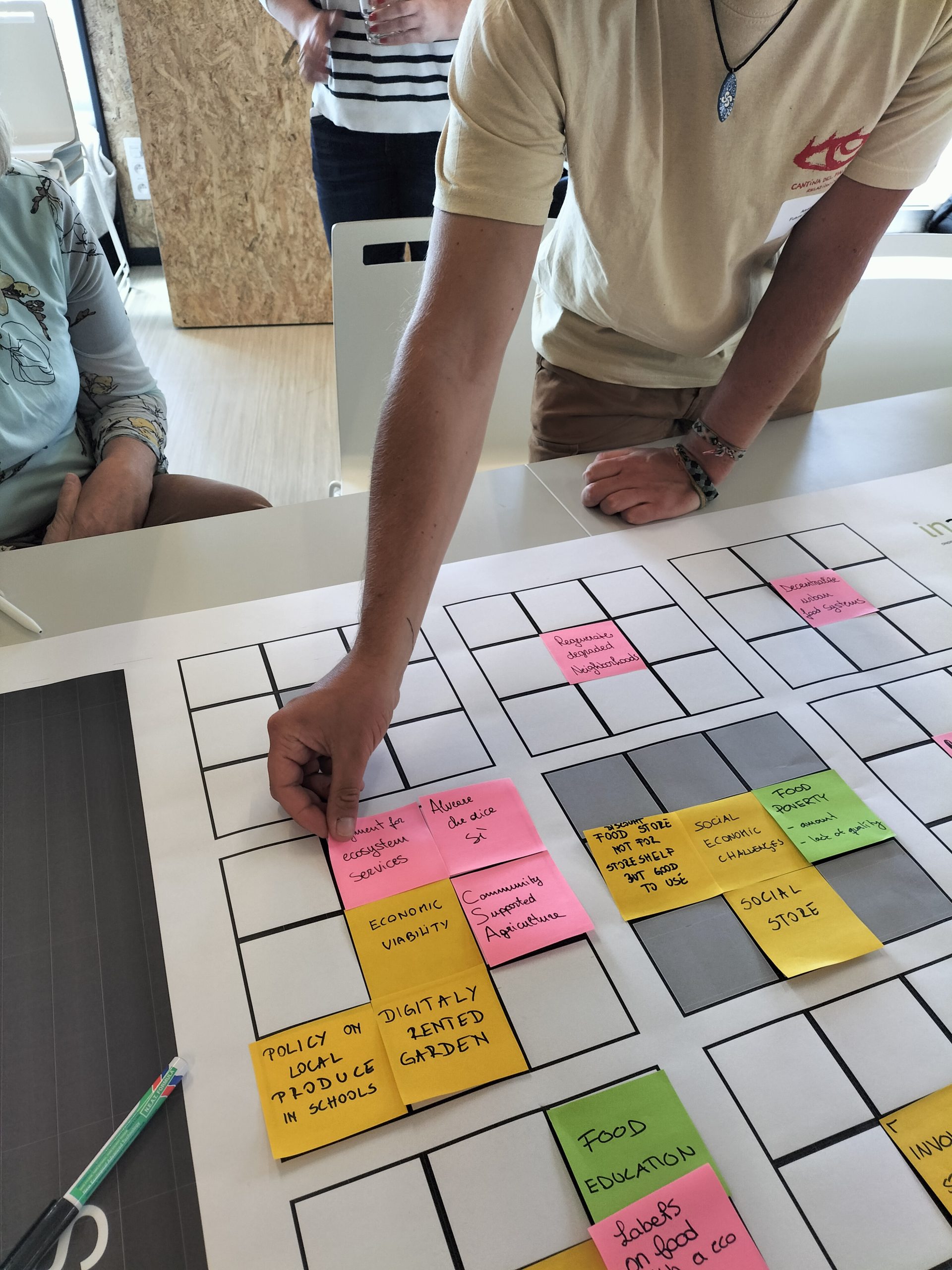
Latest news
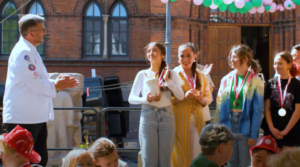
Pitch Event: “Vejle Championships In Hotdog¨
As part of the Vejle Food Festival, Vejle Municipality / Culinary Institute by Vejle Erhverv (P10) proudly hosted the Vejle Hotdog Championships, a spirited competition
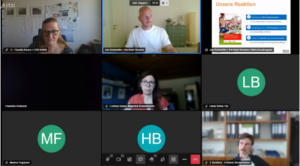
6-course menu / online Lectures
he CITIES2030 project team has organised six 15-minute keynote speeches on various policy areas of an integrated food policy. presentations around lunchtime, the CITIES2030 project
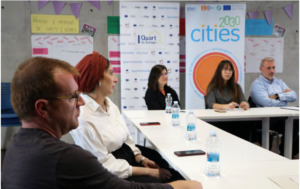
Workshop app Blockchain 2023
On 30 May 2023, Quart és Europa marked a milestone by holding a fundamental workshop. This event was intended to test a mobile app designed
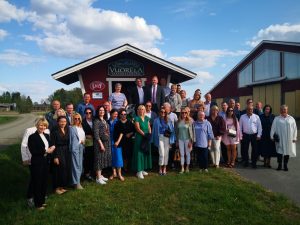
Vidzeme Lab: Latvia is get to know Finland’s experience in school and education catering
From May 22 to 24, the CITIES2030 project partners in Vidzeme (Latvia), the Vidzeme Planning Region (VPR), and the Latvian Rural Forum (LLF), implemented one of the Vidzeme Lab’s planned initiatives. It was an experience exchange visit to Seinäjoki, Southern Ostrobothnia of Finland.
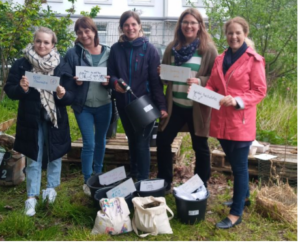
Workshop “Potato cultivation in a bucket or tower”
n the potato workshop, participants learnt how to successfully grow potatoes in pots or vertically on the balcony. This included the different planting methods, suitable
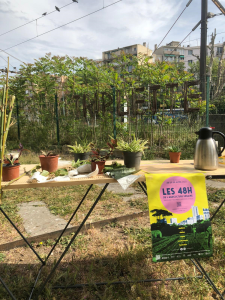
48H of urban agriculture 2023 : the major public event around CRFS in Marseille
Once again this year, the people of Marseille were able to discover another edition of the 48h de l’agriculture urbaine (48 hours of urban agriculture).
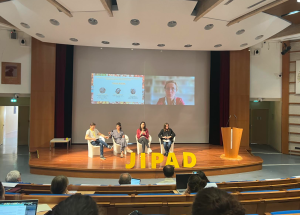
CITAG participated at JIPAD 2023 in Montpellier
Every year, students of the Innovations & Policies for Sustainable Food (IPAD) master’s degree – hosted by the Agro Montpellier Institute and CIRAD – organize
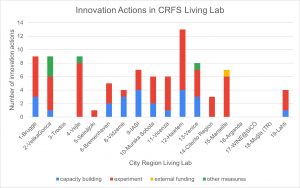
Innovation Actions in CRFS Living Labs
The CRFS Living Labs have implemented its action plans since November 2022. Living Labs’ main actors are Cities2030 consortium partners supported by local multi-actor stakeholders.
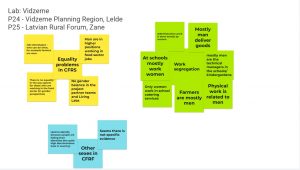
A workshop on Gender and Responsible Research and Innovation (RRI) in Cities2030 Labs
Cities2030 consortium partners explore ethical issues in the context of City Region Food Systems.
Cities2030 Consortium
A broad, integrated, and transdisciplinary consortium comprising 41 partners and 3 linked parties, coordinated by the University of Ca’ Foscari of Venice, is currently developing the Cities2030 project, for the co-creation of resilient, sustainable, and innovative urban food systems within the framework of FOOD2030. Universities, research centres, cities, regions, development agencies, cultural and social associations, companies and experts, active in the FOOD SYSTEM are actively co-operating with the main goal to innovate FOOD POLICIES and sustainable PRACTICES, advacing new
patterns, techniques and digital. The Consortium is experimenting with new governance models, placing consumers in the core of their actions to improve the sustainability of pilot CRFS (City Regions Food Systems) and evolve the pilot Living Labs, assuming to reach 50 CRFS LABS willing to follow the project and its results.
Vision
The project Cities2030 envisions a future where city-regions worldwide embrace sustainable, healthy, and inclusive food systems. Aligned with FOOD 2030, the New Urban Agenda, and SDG 11, it pioneers policy solutions, using multi-actor participation and system thinking. CRFS LABS are hubs for evidence-based policy-making. Action plans, co-designed by government departments, align with FOOD 2030 goals. Digital tools enhance efficiency. An Alliance and expert groups drive policy innovation. Over 50 CRFS Labs form a global network, advocating for sustainable food systems. The project promotes behavioural change for healthy diets, responsible production, and consumption, fostering long-term transformation.
Approach
Cities2030 promotes citizen engagement, transforming passive consumers into motivated change agents through a trusted City-Region Food System (CRFS). This approach fosters connections within the rural-urban context, addressing the entire value chain from production to waste management. It advances dynamic relationships between livelihoods, economic development, food security, nutrition, social inclusion, equity, and resilience within a multi-scale framework encompassing economic, environmental, and social conditions. Cities 2030’s approach is built on these principles, aiming for holistic, sustainable urban food systems.
Results
Over a span of four years partners will be working on developing labs, conducting a series of experiments and creating smart-tools aimed at enhancing policies and practises within the CRFS. Within a large actionable, deployable and transferable result framework, the following key results will be achieved:
CRFS Alliance
The CRFS Alliance is a network of actors and stakeholders, encompassing the food value chain. It operates as a community of practice and as a platform for know-how exchange
CRFS Observatory
The CRFS Observatory is an open-access platform where users can readily access comprehensive information, studies, policies and food-related data.
CRFS Labs
CRFS policy and living labs have been developed to introduce innovative policies and to facilitate the co-creation and the testing of sustainable innovative solutions.Explore the outcomes of these labs on the community platform
City-scale pilots
A series of city-scale pilots have been initiated to test the proposed frameworks and to extraxct valuable insights for their validation
Systems thinking
An innovative and tailored System Thinking methodology to collaboratively address problem-solving challanges in the food sector with a specific focus on CRFS dimention will be introduced
Data-driven CRFS
Smart Tools, including cradle-to-cradle data-driven solutions and Digital CRFS Management Platform based on Blockchain Technology will be designed and delivered
